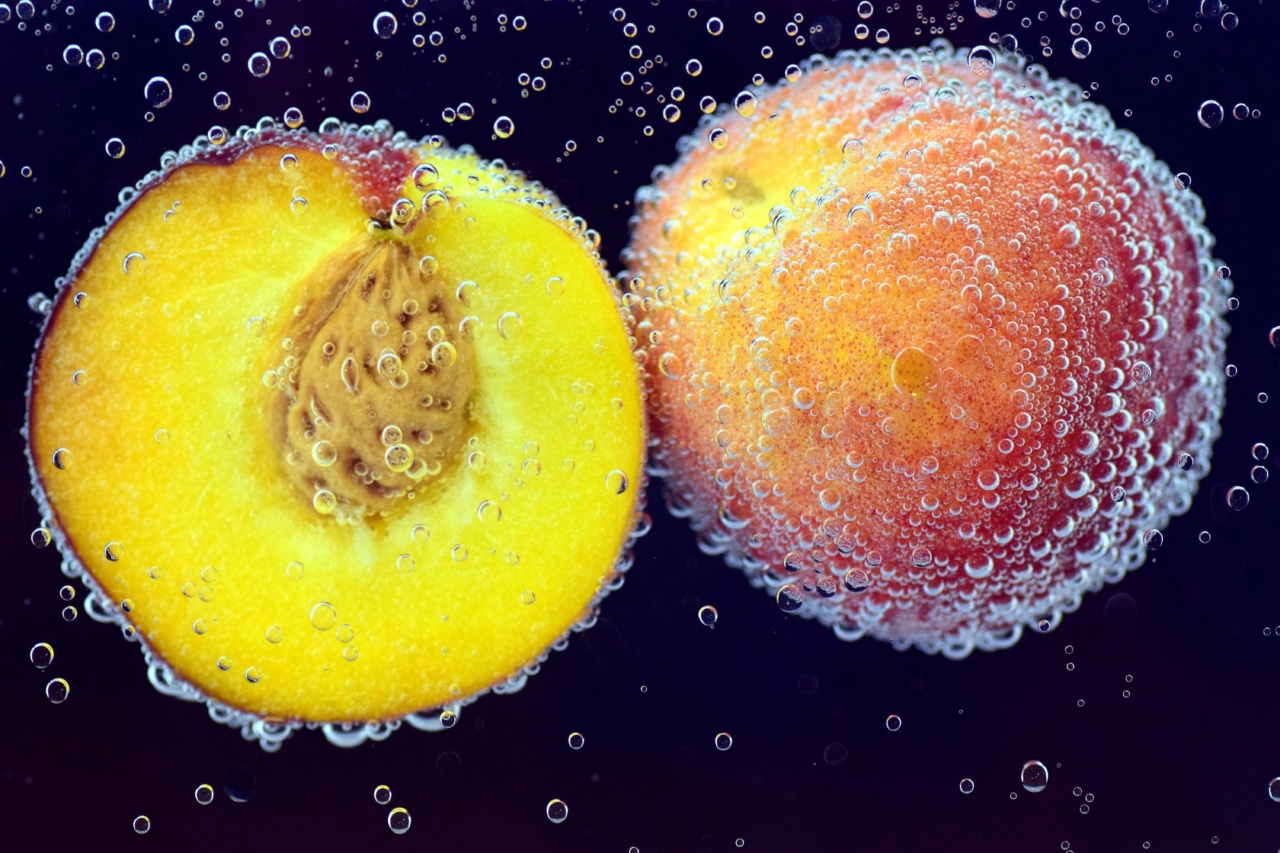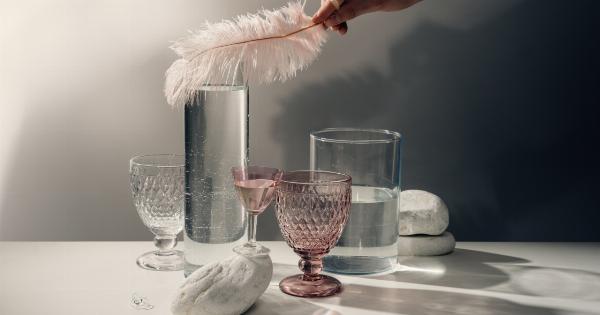Kidney stones are small, hard deposits that form in the kidneys and can cause severe pain when they pass through the urinary tract.
While several factors contribute to the formation of kidney stones, maintaining proper hydration is essential in preventing their occurrence. But how much water should you drink to prevent kidney stones? Let’s explore the recommended daily intake and other considerations to keep your kidneys healthy.
Understanding Kidney Stones
Kidney stones are formed when certain substances in the urine, such as calcium, oxalate, and uric acid, become highly concentrated. These substances can crystallize and stick together, forming solid masses.
The size and composition of kidney stones can vary, affecting their ability to pass through the urinary tract naturally.
The Importance of Hydration
Proper hydration plays a crucial role in preventing kidney stone formation. When you drink an adequate amount of water, it dilutes the substances in the urine, reducing their concentration and minimizing the risk of crystal formation.
Sufficient water intake also increases urine production, helping to flush out any potential stone-forming compounds before they accumulate.
Determining Your Water Intake
The amount of water you need to drink to prevent kidney stones depends on various factors, including your age, sex, activity level, and climate.
However, a general guideline recommended by healthcare professionals is to consume at least eight 8-ounce glasses of water per day, commonly known as the “8×8” rule. This equates to about 2 liters or half a gallon.
Although this rule can provide a good starting point, it’s important to remember that everyone’s water needs may differ.
Some individuals may require more water due to factors such as intense physical activity, excessive sweating, or living in hot climates. Others with certain medical conditions or taking specific medications may need to limit their fluid intake and consult their healthcare provider for personalized advice.
Signs of Sufficient Hydration
Monitoring your hydration level is crucial in preventing kidney stone formation. Signs that you are adequately hydrated include:.
- Clear urine: When you are well-hydrated, your urine should be pale yellow or almost colorless. Darker urine may indicate dehydration.
- Frequent urination: Adequate water intake leads to more frequent trips to the bathroom to urinate.
- No thirst: Feeling constantly thirsty is a sign that you might be dehydrated.
Other Hydration Sources
While water is the best fluid for keeping yourself hydrated, other beverages and certain foods can contribute to your overall water intake. Some hydrating options include:.
- Fruit-infused water: Adding slices of fruits like lemon, lime, berries, or cucumber to your water can enhance its flavor and encourage you to drink more.
- Herbal tea: Enjoying a cup of herbal tea, such as chamomile or peppermint, can be a hydrating alternative to plain water.
- Water-rich foods: Consuming fruits and vegetables with high water content, such as watermelon, cucumber, or oranges, can help meet your hydration needs.
Tips to Increase Water Intake
If you struggle to drink enough water throughout the day, try implementing the following tips:.
- Set reminders: Use phone alerts or set timers to remind yourself to drink water at regular intervals.
- Use a marked water bottle: Opt for a water bottle with time markers to keep track of your water intake throughout the day.
- Flavor your water: If plain water bores you, try adding a squeeze of lemon, lime, or a splash of 100% fruit juice to enhance its taste.
- Keep water accessible: Keep a water bottle with you while you work, study, or run errands, making it easier to sip water throughout the day.
Conclusion
Proper hydration is a vital aspect of preventing kidney stones. By drinking an adequate amount of water daily, you can dilute the substances in your urine, reduce the risk of crystal formation, and promote healthy kidney function.
While the “8×8” rule is a general guideline, factors such as age, sex, activity level, and climate can influence your water needs. Monitor your hydration level and adjust your water intake accordingly. Remember, prevention is key, and staying hydrated is a simple yet effective step towards kidney stone prevention.






























